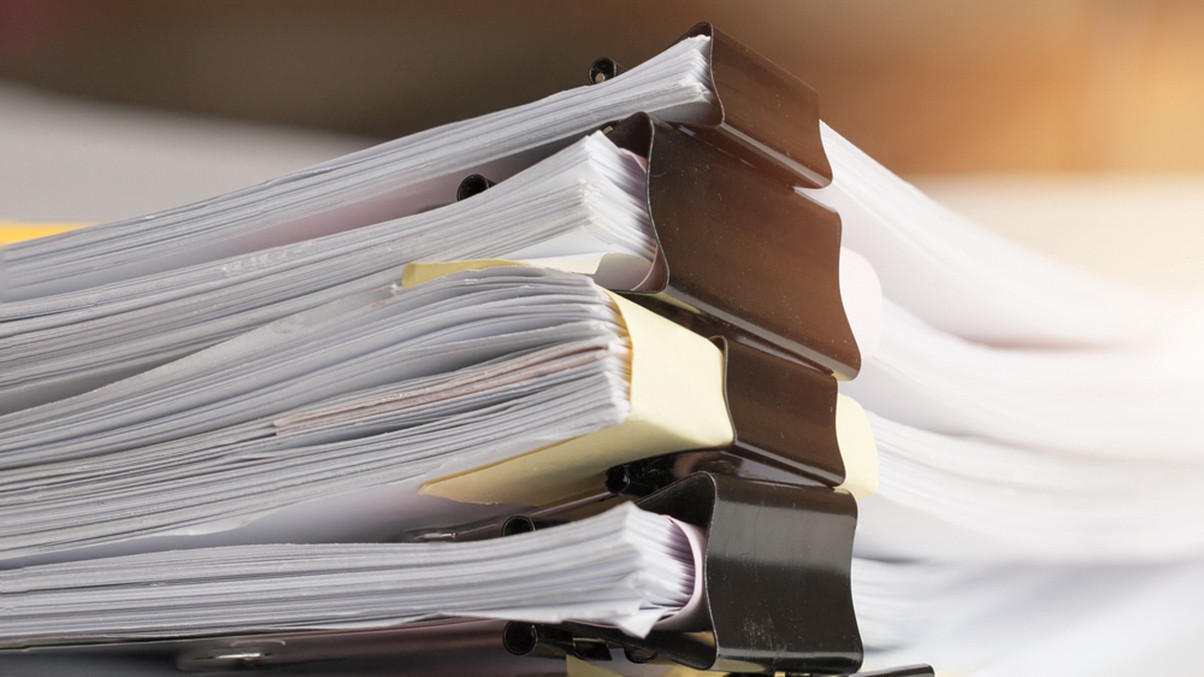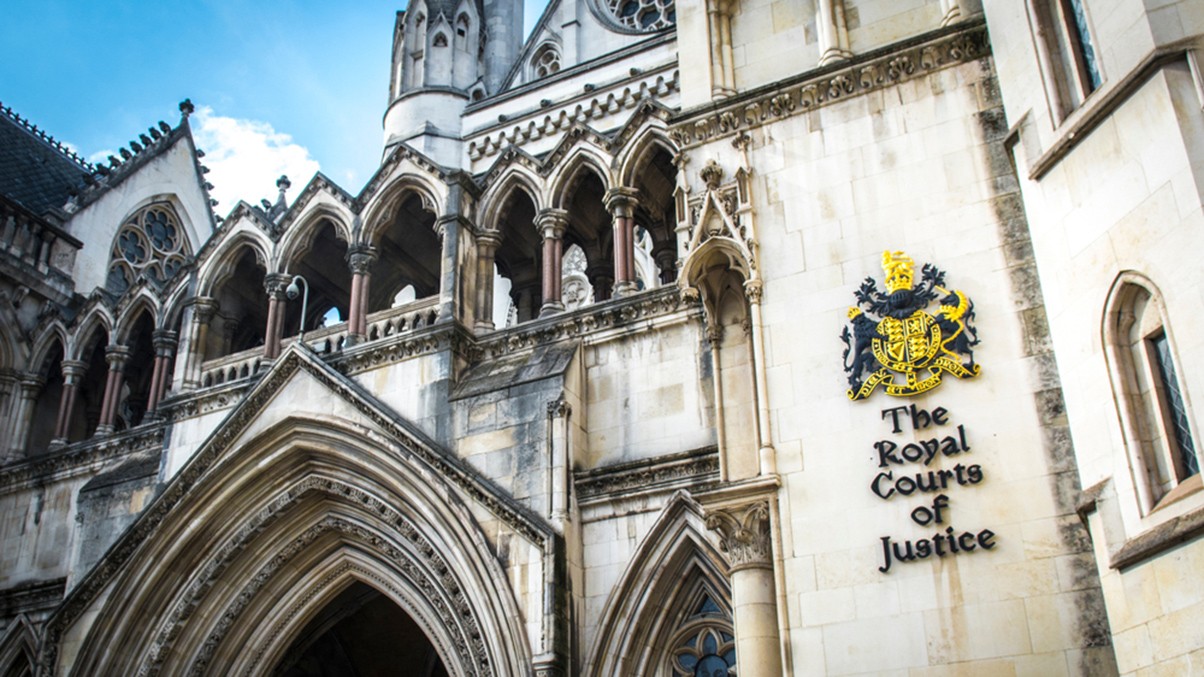The Supreme Court has given another judgment in the Test Claimants in FII Group Litigation v HMRC [2020] UKSC 47 case. The latest appeal arises in the course of the lengthy and complex proceedings known as the Franked Investment Income (FII) Group Litigation Order (also known as the FII GLO). The FII GLO is one of several GLOs in which various tax rules have been challenged on the grounds of their incompatibility with European Union law. Various estimates have suggested that the monies at stake in the GLOs total over £20bn. The GLO litigation has now been ongoing for well over a decade and will likely continue for the foreseeable future.
The Supreme Court confirmed in the FII GLO that s32(1)(c) of the Limitation Act 1980 (LA 1980) applies to mistakes of law. However, the Supreme Court departed from settled case law and ruled that time begins to run from when the claimant could have recognised that it had a worthwhile claim and not from when the true state of the law was established by a decision of a court of final jurisdiction.
The general limitation period under s5 LA 1980 (which has been held to apply for claims in restitution) is six years starting from the date on which the cause of action accrued. In a payment of money (tax) case, as here, that is when the payment is made. However, s32(1)(c) LA 1980 provides an exception to the general rule: where the claim is for relief from “the consequences of a mistake”, the limitation period does not begin until the claimant has discovered the mistake or could with reasonable diligence have discovered it (ie the date of discovery).
The decision of the Supreme Court is not only of interest to tax practitioners. As with previous tax GLO decisions, it develops the law on limitation and restitution generally and will be of significant relevance to a broad range of civil practitioners.
The English law in respect of mistake, restitution and limitation has most recently been developed by a number of cases, many of which are tax cases:
- Woolwich Equitable Building Society HL [1992] STI 746 (Woolwich), in which the House of Lords held that a taxpayer was entitled to recover tax paid in response to an unlawful demand
- Kleinwort Benson [1999] 2 AC 349 (Kleinwort), in which the House of Lords held that a claim for restitution lay in respect of money paid under a mistake of law (and not just mistake of fact), and that such a claim fell within the scope of section 32(1)(c) LA 1980
- Deutsche Morgan Grenfell [2006] UKHL 49 (DMG), in which the House of Lords applied Kleinwort Benson and held that where a point of law is disputed, a mistake is discovered (or could only reasonably be discovered) when a judicial decision authoritatively establishes the true state of the law
- Test Claimants in the FII Group Litigation [2012] UKSC 19, in which the Supreme Court held that for a claim to fall within the ambit of section 32(1)(c) LA 1980, a mistake must constitute an essential element of the cause of action, and not merely form part of the context. Therefore, it could not apply to Woolwich claims.
Facts and analysis
The FII GLO is concerned with various aspects of the UK’s (now historical) regime for taxing dividends received by UK companies established outside of the UK. A number of Court of Justice of the European Union (CJEU) decisions confirmed (in 2001 and 2006) that the UK’s dividend taxing regime was in breach of EU law. As a result, many companies sought the repayment of billions of pounds of taxes paid in breach of EU law dating back in some cases to 1973. In the absence of a statutory procedure to recover the relevant taxes, the claims are brought in restitution, which seeks to address the unjust enrichment of the defendant ie HMRC.
The appeal was concerned with consideration of whether claims in the FII GLO, which invariably were brought more than six years after the date when the tax was paid and before the date the claims were issued, were time-barred.
The claimants relied on Kleinwort, arguing that such claims fall within the scope of s32(1)(c) LA 1980, and on DMG, arguing that the effect of s32(1)(c) was to postpone the commencement of limitation until the true state of the law had been established (so it could be discovered) by a judicial decision from which there lies no right of appeal. In effect, the claimants argued that such final judicial decision was when, in 2006, the CJEU decided that relevant aspects of the UK tax regime were incompatible with EU law. HMRC argued that both Kleinwort and DMG were wrongly decided and that the Supreme Court should depart from those decisions, arguing that time began to run from an earlier period.
The Supreme Court had to consider two substantive questions:
- first, whether s32(1)(c) applies to mistake of law (a mistake of law, in this case, was the erroneous belief that the tax payment was required by law), and
- second, if it does, then when could the mistake of law be said to have been discoverable?
Before considering the substantive questions, the Supreme Court had to consider whether it was barred from considering HMRC’s challenge to the Kleinwort and DMG‘s decisions on the grounds of estoppel, lack of jurisdiction or abuse of process. Also, whether it should allow HMRC to raise the points of law it now made on appeal.
The Supreme Court held that it was not so barred as any concession had no bearing on the existence of the cause of action. It would not have been possible for HMRC to argue that the House of Lords decisions in DMG or Kleinwort were wrongly decided at first instance or in the Court of Appeal and that whilst raising the issue late it was not a misuse or abuse of the court process.
Does s32(1)(c) apply to mistakes of law?
Turning to the first substantive question, the Supreme Court, by a four to three majority, answered it in the affirmative, stating that the purpose of s32(1)(c) is to relieve claimants from having to comply with a time limit at a time when they cannot reasonably be expected to do so. Therefore, excluding mistakes of law from the ambit of s32(1)(c) would frustrate that purpose. The Supreme Court thus upheld the decision in Kleinwort but did not support the reasoning of the then House of Lords in doing so.
What is the test for the discoverability of a mistake of law?
Regarding the second question, the Supreme Court noted that the outcome in DMG was paradoxical and impeded the coherent development of the law (of note is that on this issue those judges who were in the minority in respect of the first issue, agreed that DMG was wrongly decided and that the test proposed by the Court better reflected the legislative purpose of LA 1980). The Supreme Court stated that the proper focus of s32(1)(c) should not be on when a final judicial decision was made but on the claimant’s ability to discover that it had a worthwhile claim. On a purposive interpretation of s32(1)(c) LA 1980, treating the date of the final judicial decision as the discovery date would defeat parliament’s objective when it enacted the LA 1980 ie to set time limits for bringing claims. Therefore, the Supreme Court found that DMG was incorrectly decided and took the approach that:
- A mistake of law is discovered when the claimant knows (or could, with reasonable diligence, know) that there has been a mistake, either “with sufficient confidence to justify embarking on the preliminaries to the issue of a writ” or recognises that a worthwhile claim arises (with both formulations being substantially the same).
- Reasonable diligence means “how a person carrying on a business of the relevant kind would act, on the assumption that he desired to know whether or not he had made a mistake”. This did not assume unlimited resources but did assume a reasonable sense of urgency. The burden of proof would be on the claimant.
The Supreme Court’s proposed new test is thus an objective one and turns on a standard of “reasonable diligence” determined on a balance of probabilities. Where a payment was made in accordance with the law as it was then understood to be, the point in time at which the claimant could, with reasonable diligence, have discovered that the basis of the payment was legally questionable so as to give rise to a worthwhile claim will have to be established and determined on the facts of each case. In doing so, the focus will be upon developments in legal understanding within the relevant category of claimants and their advisers.
Consequently, HMRC’s appeal succeeded. However, the question of fact as to when the claimants had discovered the mistake (or could have, with reasonable diligence, have discovered the mistake) was for the High Court to determine following the parties having had the opportunity to amend their respective cases.
Implications
The decision and new test of discoverability places s32(1)(c) LA 1980 (as it applies to mistakes of law) on a similar footing as other limitation periods found in personal injury, latent damages and fraud. Arguably, this brings helpful consistency in this area.
In some cases, the test will require consideration of complex factual questions about the claimant’s knowledge of the merits of challenging the legal basis for payments or other mistakes of law. This could prolong the litigation process, particularly in relation to matters of disclosure and evidence, and so increase costs.
It will be therefore more important than ever that businesses engage advisors early with a view to best ensuring a potential claim is in time (and does not fall foul of limitation rules).
You can find further information regarding our expertise, experience and team on our Tax Litigation and Investigations pages.
If you require assistance from our team, please contact us or request a call back from one of our lawyers by submitting this form.
Subscribe – In order to receive our news straight to your inbox, subscribe here. Our newsletters are sent no more than once a month.





